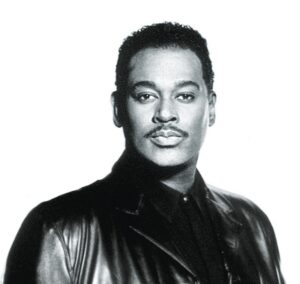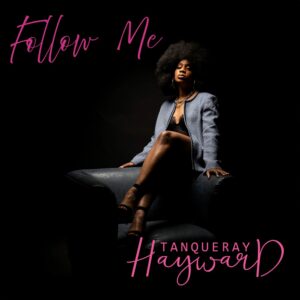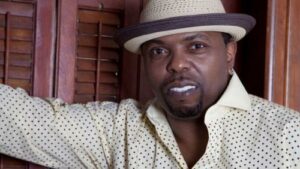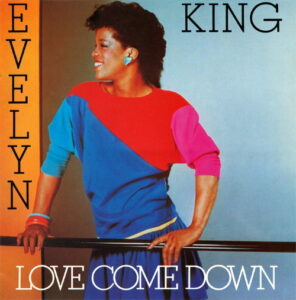(January 11, 2018) The battle over the name of one of the all-time great R&B bands appears to be over, as a Florida appellate judge has ruled that “The Commodores” name belongs to a company (Commodores Entertainment Corporation) run by founding members Walter Orange and William King, the two constant members in the long and storied history of the group. The two were in a legal battle with former group member Thomas McClary, who left The Commodores in 1984 for a solo career.
The case materialized after McClary toured in 2014 using the Commodores name, leading Commodores Entertainment to sue to permanently prevent McClary from using the group’s name. The court opined that “when McClary left the band, he left behind his common-law rights” to the Commodores name. As a result of the case, the current and longstanding version of the group, consisting of Orange, King and J.D. Nicholas, will be the only act rightfully using The Commodores name.
Formed by a bunch of funk-loving friends at Alabama’s Tuskegee Institute, the Commodores became one of the major crossover acts of the 70s and launched the career of the biggest male solo star of the 80s. At the early end of the trend for self-contained funk bands, the group, consisting of Lionel Richie on saxophone, Orange on drums, King on trumpet, Ronald LaPread on bass, Milan Williams (who died in July 2006) on keyboards and McClary on guitar, found success principally playing local gigs in Alabama before scoring a major coup by successfully auditioning to serve as the warm-up band for the Jackson Five’s 1971 tour.
The tour gave the group broad national attention and led to their signing with Motown, which was still the preeminent black label. Their first release, 1974’s Machine Gun, was a pure funk disc led off by the scorching instrumental title cut, which hit the top 10 on the Soul charts. Their sound was tight and funky and gave no indication of the mellower balladry for which they would later be known. They followed in the next year with the equally strong Caught In The Act and Movin On. The latter included their first substantial crossover cut, “Sweet Love.” It showed the early development of Lionel Richie as a great singer and of the group as a leading force in black music, creating a sound that was now very distinguishable from the other soul/funk bands of the day. They would score again in 1976 with the equally strong ballad, “Just to Be Close To You.”
1977 would bring the group’s definitive album, the self-titled Commodores, and their two biggest hits to date, the beautiful “Easy” and a suggestive dance/funk favorite, “Brick House,” with Orange at the lead. It also featured the quiet storm staple, “Zoom,” still one of their most popular songs. They continued their rise to stardom the next year with Natural High, a lesser album but one that featured the monster international hit “Three Times A Lady,” a saccharine ballad that would unfortunately define the group for years to come. By this time the group’s identity was changing from that of a funk group that occasionally played good ballads, to an internationally famous pop/soul group that sometimes funked it up.
By 1981, through his songwriting and vocal preeminence, Lionel Richie was emerging as the focal point of the group, and his star was rising throughout the music world. That year, Richie’s duet with Diana Ross, the treacly “Endless Love,” became one of the biggest songs of the decade, and his composition for Kenny Rogers, “Lady,” spent 6 weeks at the top of the charts. His ability to write truly melodic, irresistible tunes (though generally simplistic lyrically), put him at the forefront of early 80s songwriters.
When Richie departed in 1982 to record his eponymous debut, the Commodores were given up for dead by much of the music world. The group stumbled with their post-Lionel debut cut, “Only You,” a faceless ballad that tried to re-create the Richie sound without Richie. McClary then left the group for a solo career (he had some success producing the group Klique) and the Commodores appeared creatively rudderless and headed for the oldies circuit. Then the group, with new singer J.D. Nicholas (a latter day member of Heatwave), confounded critics by recording a Walter Orange composition that became one of their biggest hits ever. “Nightshift,” a musical tribute to Jackie Wilson, Marvin Gaye and other deceased soul greats, was a deserving smash, spending 4 weeks at the top of the charts and winning for the group a Grammy Award for Best R&B Vocal Performance.
More than three decades later, the combination of Orange, King and Nicholas continue to please audiences around the world. In December 2010, the Commodores were awarded the Lifetime Achievement Award at the SoulTracks Readers’ Choice Awards, and last year the group recorded a great Backstory video segment for us, discussing the creation of “Nightshift.”
The resolution of the Florida case resolves a lingering dispute and is good news for music fans who are often confused by the many versions of classic soul groups that tour around the world.
By Chris Rizik










